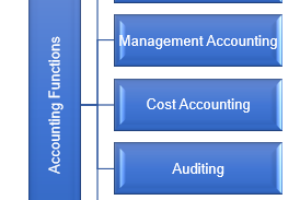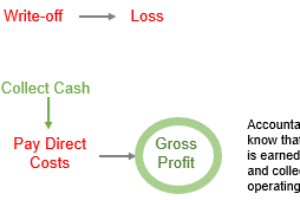How business assessment, intelligence, and management skills form a trifecta for business success.
In horse racing, a trifecta is a specific type of wager. It requires the gambler to correctly predict a race’s first, second, and third-place finishers in the exact order. Because this is a difficult feat, winning a trifecta bet can result in a significant payout.
One constant involving those who consistently build and sustain cash reserves is they aren’t gamblers with their money. They know how hard money is to earn and don’t risk it foolishly by having three common skills. They know how to assess their business results, utilize business intelligence, and apply the right management skills at the right time to generate sales at a profit. Below are how these three core competencies converge to generate consistently higher sales, profits, and cash reserves:
Business Assessment—The Diagnostic Lens | Business assessment focuses on the “what question” involving evaluation. It serves as the foundation for understanding the business’s current state by comprehensively evaluating its financial performance, sales, operational efficiency, and market competitiveness. Together, they identify strengths, weaknesses, opportunities, and threats (SWOT analysis), enabling informed decision-making.
Business Intelligence—Data-Driven Insights | Business intelligence acts as the guiding light. It encompasses data collection, analysis, and interpretation to generate actionable insights to answer the “why” question. Leaders can identify trends, anticipate challenges, and capitalize on emerging opportunities by leveraging business intelligence. The intelligence created fuels informed decisions that optimize performance and mitigate risks.
Management Skills—Prioritizes Action | Through the discipline of execution. Management skills translate the “how and when” from assessment and intelligence into actionable plans. Leaders adept at planning, organizing, allocating resources, project management, delegating, and motivating teams ensure that profit plans are effectively implemented. Strong communication, problem-solving, and conflict-resolution skills further bolster this process. Ultimately, effective management turns well-informed decisions into higher sales, profits, and cash reserves.
These three competencies are not isolated but rather a cohesive unit. In short, business assessment provides the foundation for informed decision-making, business intelligence provides the insights to support those decisions, and management skills ensure those decisions are translated into action.
Business Assessments, like annual physicals, are conducted annually to identify what’s working well and where the business is stuck. Its purpose is to provide a clear picture of the business’s health, opportunities, and potential challenges.
Business Intelligence is an ongoing process. Transaction data is constantly collected and analyzed to gain insights about business issues, customer needs, and market changes. Its purpose is to provide actionable information to inform decision-making.
Management Skills are continuously applied throughout the business cycle, from planning to execution and evaluation. Its purpose is to transform decisions into results.
Think of it like this:
Business Assessments are like taking a snapshot of your current location on a map.
Business intelligence involves gathering real-time traffic information and weather reports.
Management Skills determine the best route to your destination considering the information gathered.
They all work together to get management out of the trees so they can see the forest, enabling them to navigate effectively from where they are to where they want to be.
Click here to confirm how well you manage your business by taking the “free” BusinessCPR™ Business Assessment to confirm how well your business is being managed across ten money-making dimensions.


